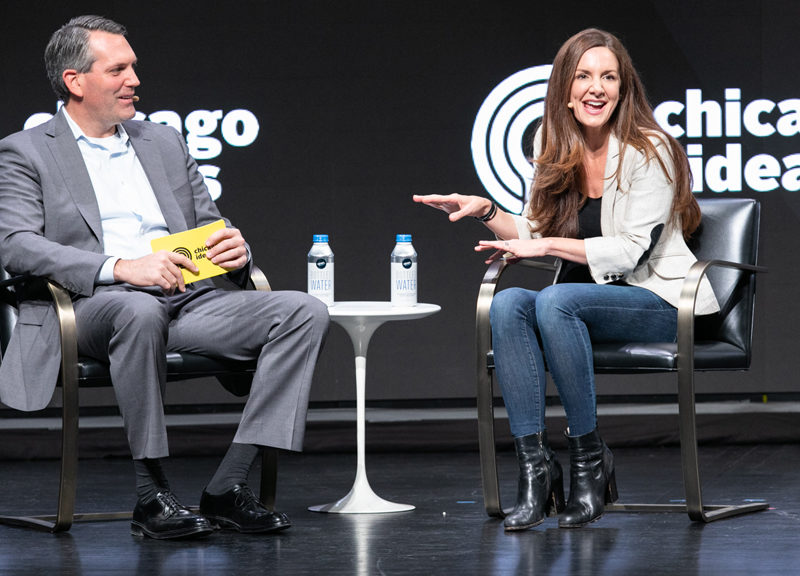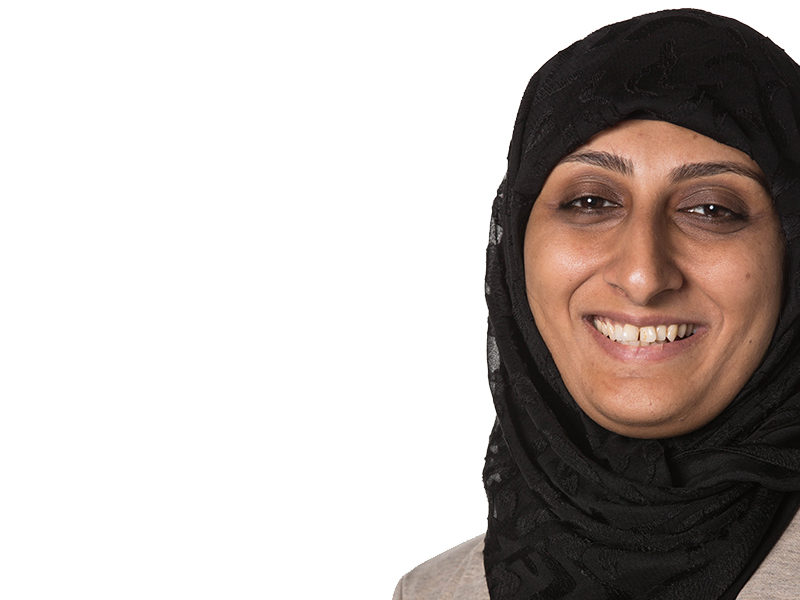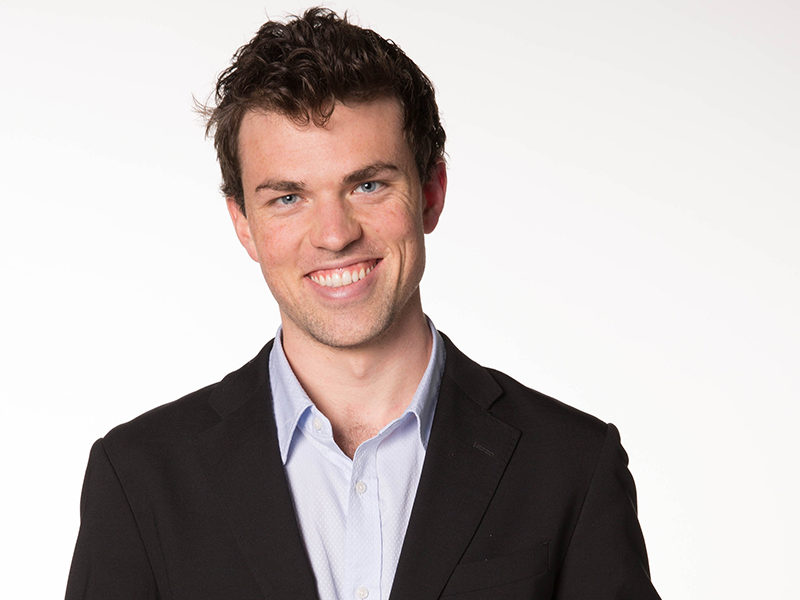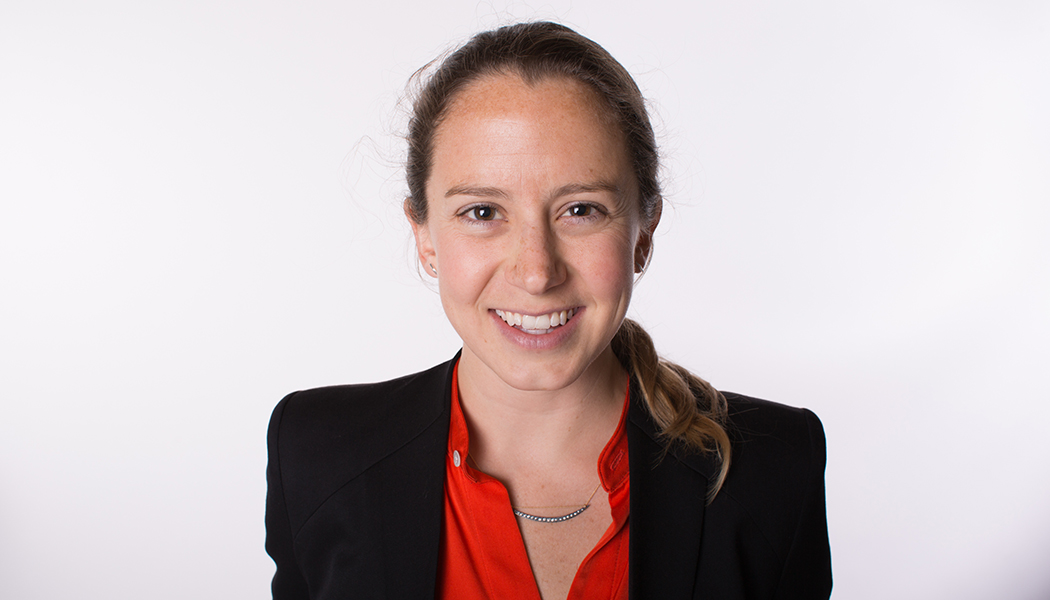
Fellow Follow-up: Wishbone’s Beth Schmidt
2014 BHSI Fellow Beth Schmidt started by inspiring her own 10th grade English students to pursue their passions via after-school activities. Today, the organization she founded, Wishbone, provides funding to students to across cities, using a platform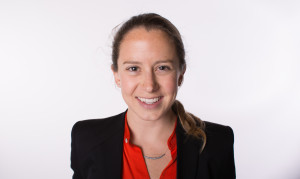 that allows donors to directly fund after-school programming for individual students. We recently caught up with Schmidt, who shared the future of Wishbone, including its potential expansion to Chicago, and described how participating in Chicago Ideas Week 2014 impacted her.
that allows donors to directly fund after-school programming for individual students. We recently caught up with Schmidt, who shared the future of Wishbone, including its potential expansion to Chicago, and described how participating in Chicago Ideas Week 2014 impacted her.
How are you changing the world? Apply to the BHSI Fellowship today, and tell us how your venture is impacting the world for the better.
You started out in TFA as a Corps Member, working in Los Angeles. How did that help to inspire Wishbone?
I had five periods of 10th grade English—about 42 kids per class. I assigned a paper and less than 10 percent of all five periods turned the paper in.
I took a step back as a first year teacher and thought, How am I going to engage this group of kids to actually find relevance in this assignment ? So I changed the topic to the most relevant thing I could think of, which was, “What’s your passion? What do you care about?” The research component was to tell me how you would pursue that after school or in the summer in Los Angeles.
It was incredible what came back. For that assignment, something like 85 percent of kids turned in papers.
So, how did that assignment turn into what is Wishbone today?
I actually ran a marathon to raise some money to send the top seven papers. When those kids came back, that’s when I decided I needed to do this full time. Basically, these kids…connected the dots. They saw what was possible for their future.
What type of long-term impact does program participation have on students? How do you track the impact your program has on students?
We track retention, graduation and matriculation. Shorter-term, immediately when they get back from the program, we’re tracking their GPA, so academic achievement.
The other piece that’s incredibly interesting is the engagement piece. The metric we’re using is: Are they showing up to class more? The qualitative measurement will work with us to do a before and after of what they see. That’s where we get these comments of confidence levels. That’s hard to put a number on, but it’s really important for us to know that.
What did you gain from Chicago Ideas Week 2014?
Participating in Chicago Ideas Week 2014 introduced me to key stakeholders in the Chicago education reform community, which was incredibly valuable as we plan our expansion into Chicago. To be on the ground meeting key education and community leaders allowed me to deeply understand the needs of the city’s low-income students and to strategize areas where Wishbone can present a solution.
What’s upcoming for Wishbone? What should we expect to see next?
This summer, we will fund double the number of students we funded last year. We’ll support over 300 low-income high school students to pursue their passions at high quality summer programs. Additionally, we are expanding our program provider relationships, creating deep partnerships with programs who offer our students tuition reductions and scholarships. We are also growing our core team and are looking to expand geographically.
Q&As are edited for clarity and length. This piece was adapted, in part, from an interview originally published on August 28, 2014.


